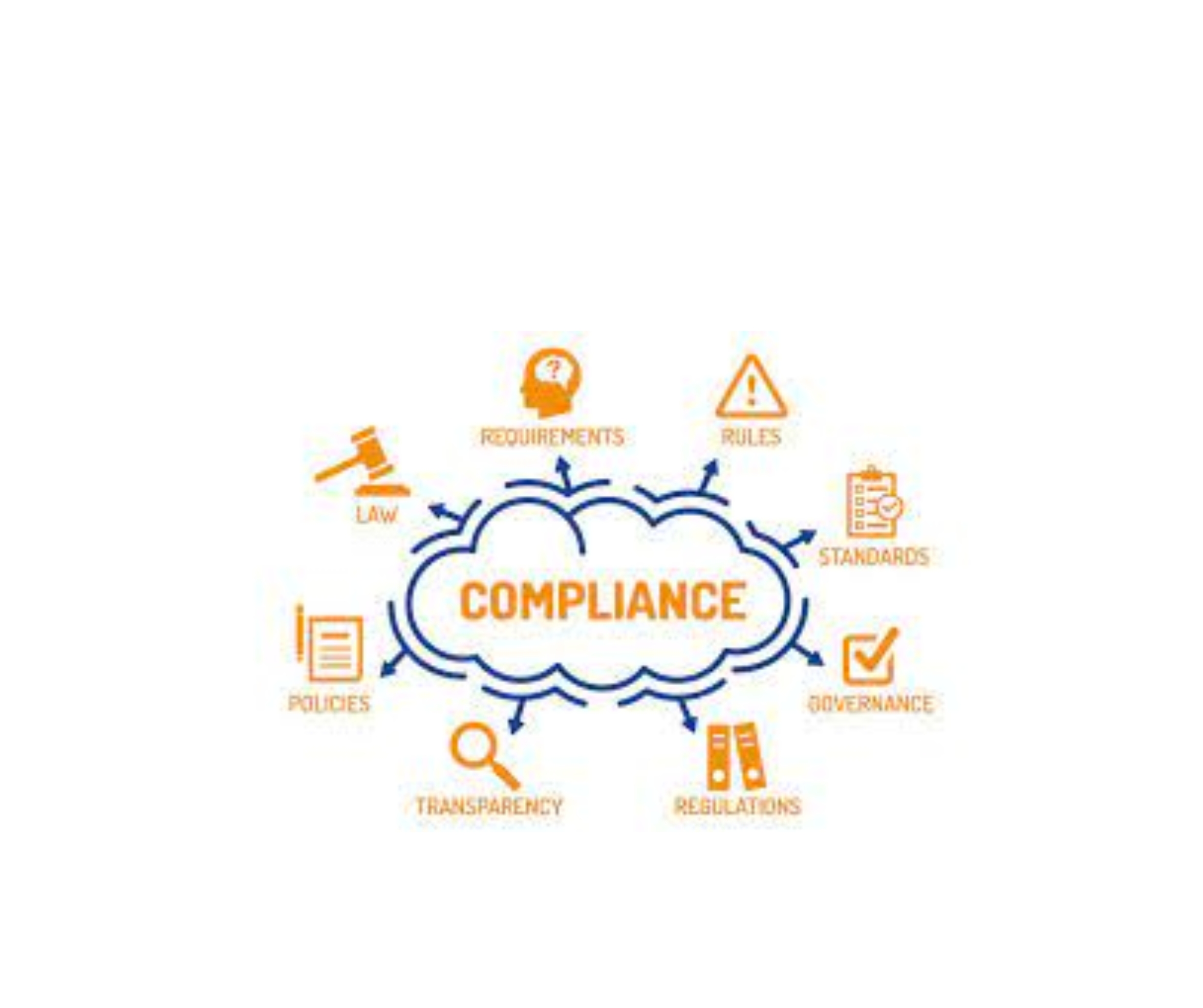
As a key functionary in an organization, a company secretary is entrusted with various compliance-related duties.
Here are some aspects of company secretary compliance:
1.Legal and Regulatory Compliance
The is responsible for ensuring the company’s compliance with applicable laws, regulations, and statutory requirements. This includes monitoring changes in legislation, maintaining an up-to-date understanding of the legal framework, and implementing necessary measures to ensure compliance. They assist in the preparation and filing of legal documents, such as annual returns, board resolutions, and other regulatory filings.
2.Corporate Governance
Company secretaries play a critical role in promoting and maintaining good corporate governance practices within the company. They support the board of directors in their governance responsibilities, facilitate board meetings, ensure compliance with governance codes or guidelines, and assist in the implementation of governance frameworks and policies.
3.Board Support
Company secretaries provide crucial support to the board of directors in terms of ensuring effective board functioning. They assist with board meeting preparations, including agenda setting, collating board papers, and recording minutes of meetings. They also help disseminate important information to board members, facilitate communication between directors, and ensure board decisions are properly documented and implemented.
4.Shareholder Relations
Company secretaries play a role in managing shareholder relations and communication. They help organize and facilitate general meetings, handle shareholder inquiries and concerns, and ensure compliance with shareholder-related obligations. They assist in the preparation and distribution of shareholder communications, such as notices, annual reports, and proxy forms.
5.Record-Keeping and Documentation
Company secretaries are responsible for maintaining accurate and updated company records, registers, and documentation. This includes maintaining registers of members, directors, and charges, as well as ensuring proper filing and storage of company documents. They ensure compliance with record-keeping requirements, facilitate internal and external audits, and support the retrieval of information as needed.
6.Professional Conduct and Ethics
are expected to adhere to high standards of professional conduct and ethics. They must maintain confidentiality, avoid conflicts of interest, and act in the best interests of the company. They are entrusted with sensitive information and are expected to demonstrate integrity, professionalism, and independence in carrying out their duties.
Compliance by the is crucial for maintaining the legal and ethical integrity of the company’s operations. By fulfilling their compliance-related responsibilities, company secretaries contribute to the company’s overall governance, regulatory compliance, and stakeholder confidence. It is important for company secretaries to stay updated on relevant laws, regulations, and professional guidelines to ensure ongoing compliance and to seek guidance from legal professionals or industry associations when necessary.
FAQs:
What is the role of a Company Secretary?
The Company Secretary ensures the company complies with legal and regulatory requirements, maintains corporate records, and provides governance advice to the board.
Is it mandatory for all companies to have a Company Secretary?
No, only certain types of companies, like public companies and larger private companies, are require by law to appoint a Company Secretary.
What are the key compliance responsibilities of a Company Secretary?
Filing statutory documents, maintaining company registers, ensuring compliance with laws, and assisting with board meetings and resolutions.
How often must the Company Secretary file returns?
Annual returns must be filed with the regulatory authorities (e.g., Companies House, MCA) on a yearly basis, with additional filings as needed for specific events.
Can the Company Secretary be held liable for non-compliance?
Yes, the Company Secretary can be personally liable for certain failures in compliance, depending on the jurisdiction.
Who appoints the Company Secretary?
The Board of Directors typically appoints the Company Secretary.
Can a company director also be the Company Secretary?
In some jurisdictions, yes, but public companies often prohibit a director from serving as Company Secretary.
What records does the Company Secretary maintain?
The Company Secretary is responsible for maintaining statutory registers, minutes of meetings, shareholder information, and filings.
What qualifications are require to be a Company Secretary?
Depending on the jurisdiction, a Company Secretary may need specific qualifications such as being a member of a professional body or having legal or accounting credentials.
What happens if a company fails to comply with statutory requirements?
The company may face penalties, fines, or legal action, and its directors or Company Secretary may also face personal liability.
To visit https://www.mca.gov.in
For further details visit:В https://vibrantfinserv.com/
Contact:В В В В 8130555124, 8130045124
Whatsapp:В В https://wa.me/918130555124
Mail ID:В В В В В В operations@vibrantfinserv.com
Web Link:В В В https://vibrantfinserv.com
FB Link:В В В В В В https://fb.me/vibrantfinserv
Insta Link:В В https://www.instagram.com/vibrantfinserv2/
Twitter:В В В В В В https://twitter.com/VibrantFinserv
LinkedIn:В В В https://www.linkedin.com/in/vibrant-finserv-62566a259/

